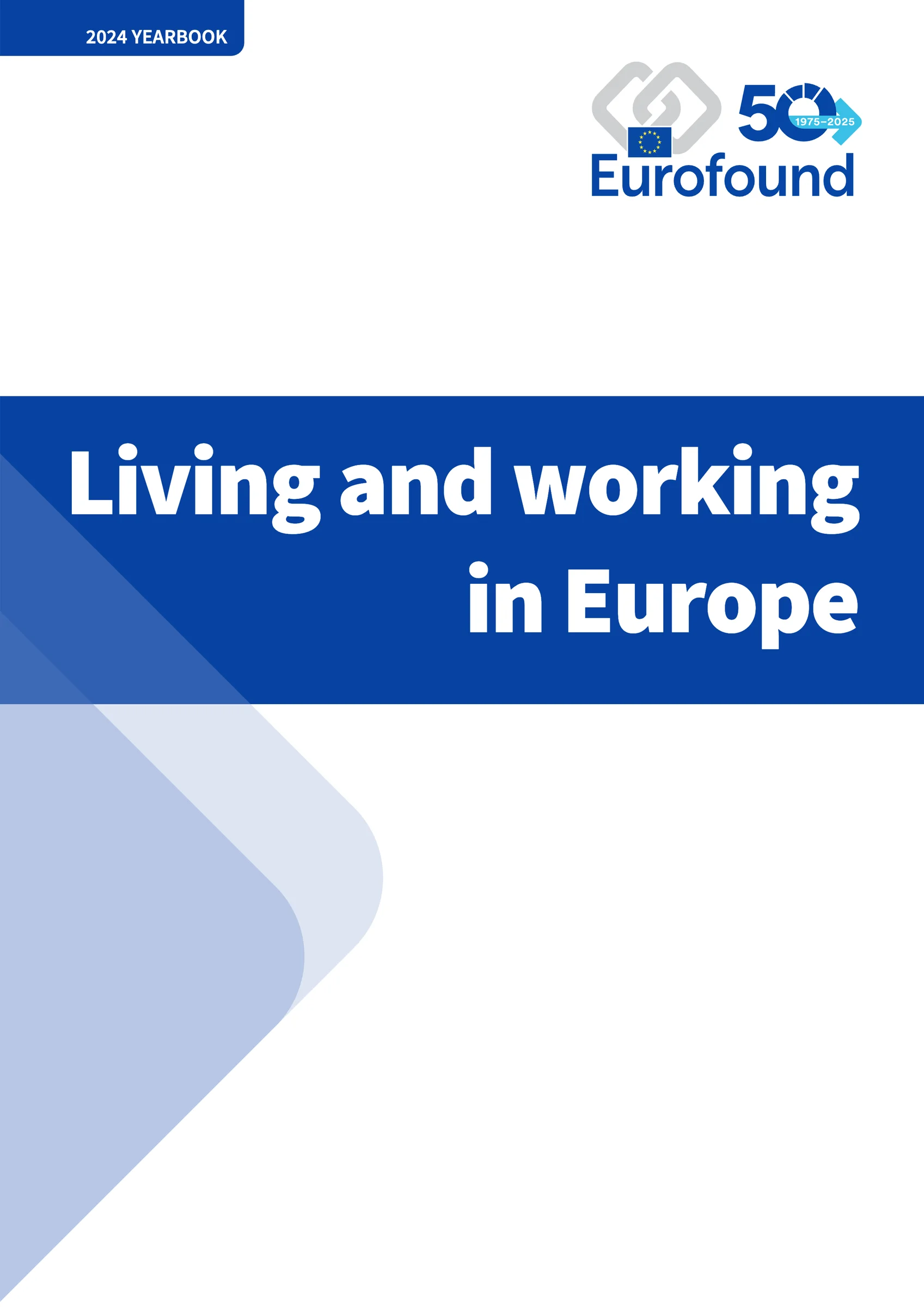AI-Generated Summary
Context and Publisher
The document titled "Living and working in Europe - 2024 edition" is published by Eurofound, the European Foundation for the Improvement of Living and Working Conditions. Established in 1975, Eurofound is a tripartite EU agency that provides knowledge to assist in the development of social, employment, and work-related policies across Europe. The report is authored by a team led by Ciara Burbridge and addresses critical issues regarding living and working conditions in the EU, focusing on sustainable housing and related challenges.
Housing Crisis Overview
The report highlights a significant housing crisis across Europe, characterized by rising costs and insufficient availability of affordable housing. Between 2010 and 2019, housing costs for private renters increased by 23%, leading to a heightened sense of insecurity, particularly among low-income households. Approximately 46% of private renters reported feeling at risk of losing their homes due to unaffordability.
Impact on Young People
Young individuals are disproportionately affected by the housing crisis, with about 75% of those aged 15-29 living with their parents. High rental costs prevent many from achieving independence, and around 75% of young people cite housing affordability as a barrier to moving out. The report notes that precarious employment and mental health issues further complicate their transition to adulthood.
Middle-Income Struggles
The crisis is not limited to low-income families; middle-income earners are increasingly becoming "squeezed." Many do not qualify for social housing or rental subsidies but cannot afford stable housing. It is reported that strict eligibility criteria for support often leave these households without assistance, exacerbating the crisis.
Policy Responses
In response to the housing crisis, the EU has proposed various initiatives, including the European Affordable Housing Plan aimed at renovating 35 million buildings by 2030. The report emphasizes that without adequate safeguards, these efforts could inadvertently raise rents, rather than benefiting low-income tenants. Early intervention strategies for eviction prevention are also recommended, as proactive measures are shown to be effective in mitigating homelessness.
Environmental Considerations
The green transition is presented as a potential solution to improve housing quality. Initiatives like the Renovation Wave Strategy are designed to enhance energy efficiency and reduce households' reliance on fossil fuels, aligning with broader climate goals. However, the report warns that these measures must prioritize low-income groups to avoid further exacerbating housing inequalities.
Social Protection Gaps
The report identifies significant gaps in social protection coverage, with 66% of unemployed individuals across the EU not receiving any benefits. Barriers to accessing social assistance are prevalent, including strict eligibility requirements and administrative hurdles. This inadequate support system undermines efforts to address the multifaceted nature of the housing crisis.
Just Transition Mechanism
The EU's Just Transition Mechanism aims to ensure that the shift towards a climate-neutral economy does not deepen existing social inequalities. While many EU countries have implemented Housing First initiatives to combat homelessness, most programs remain small-scale, reaching less than 1% of the homeless population. The report advocates for the need to expand these initiatives for a more inclusive approach.
Conclusion
The "Living and working in Europe - 2024 edition" report presents a comprehensive analysis of the ongoing housing crisis in Europe, underscoring the need for coordinated policy responses that address both environmental sustainability and social equity. With rising costs and inadequate housing, particularly for vulnerable groups, the report serves as a critical resource for understanding the challenges and opportunities that lie ahead in European housing policy.
